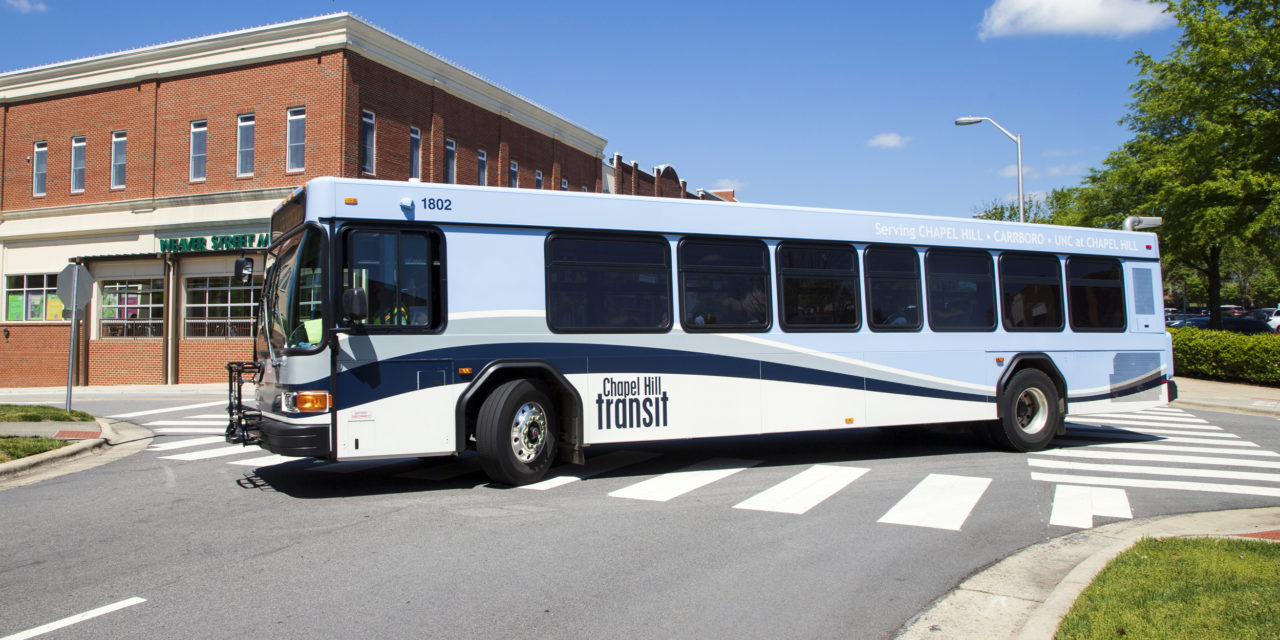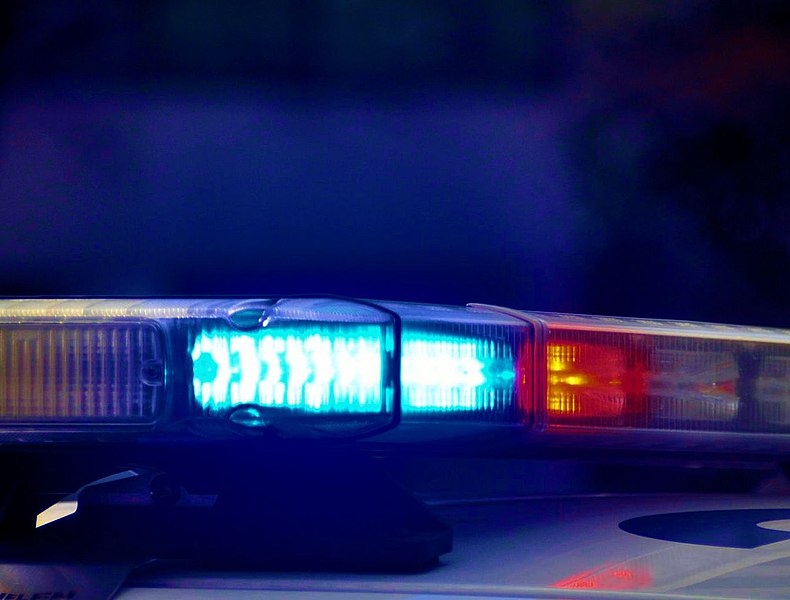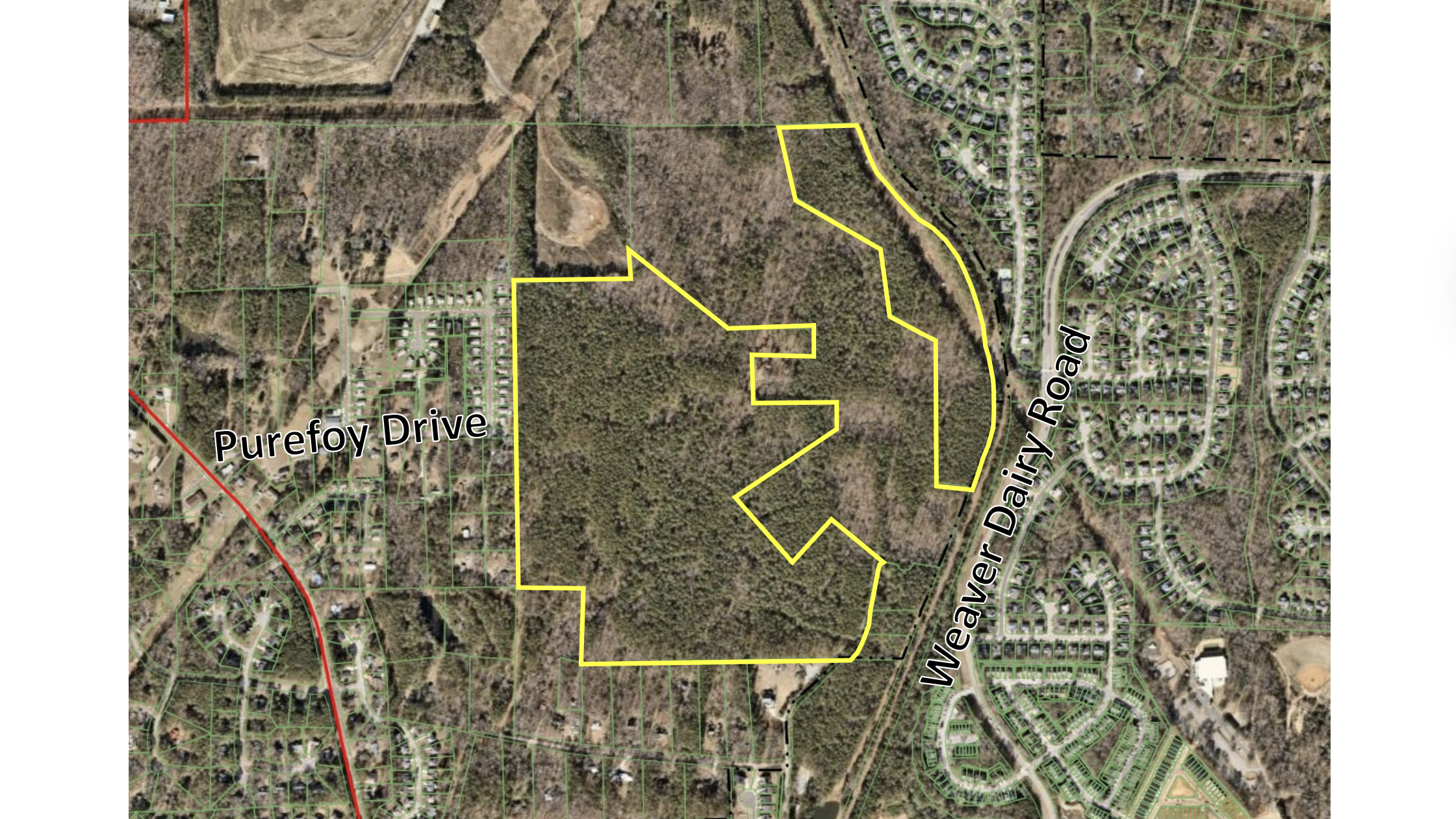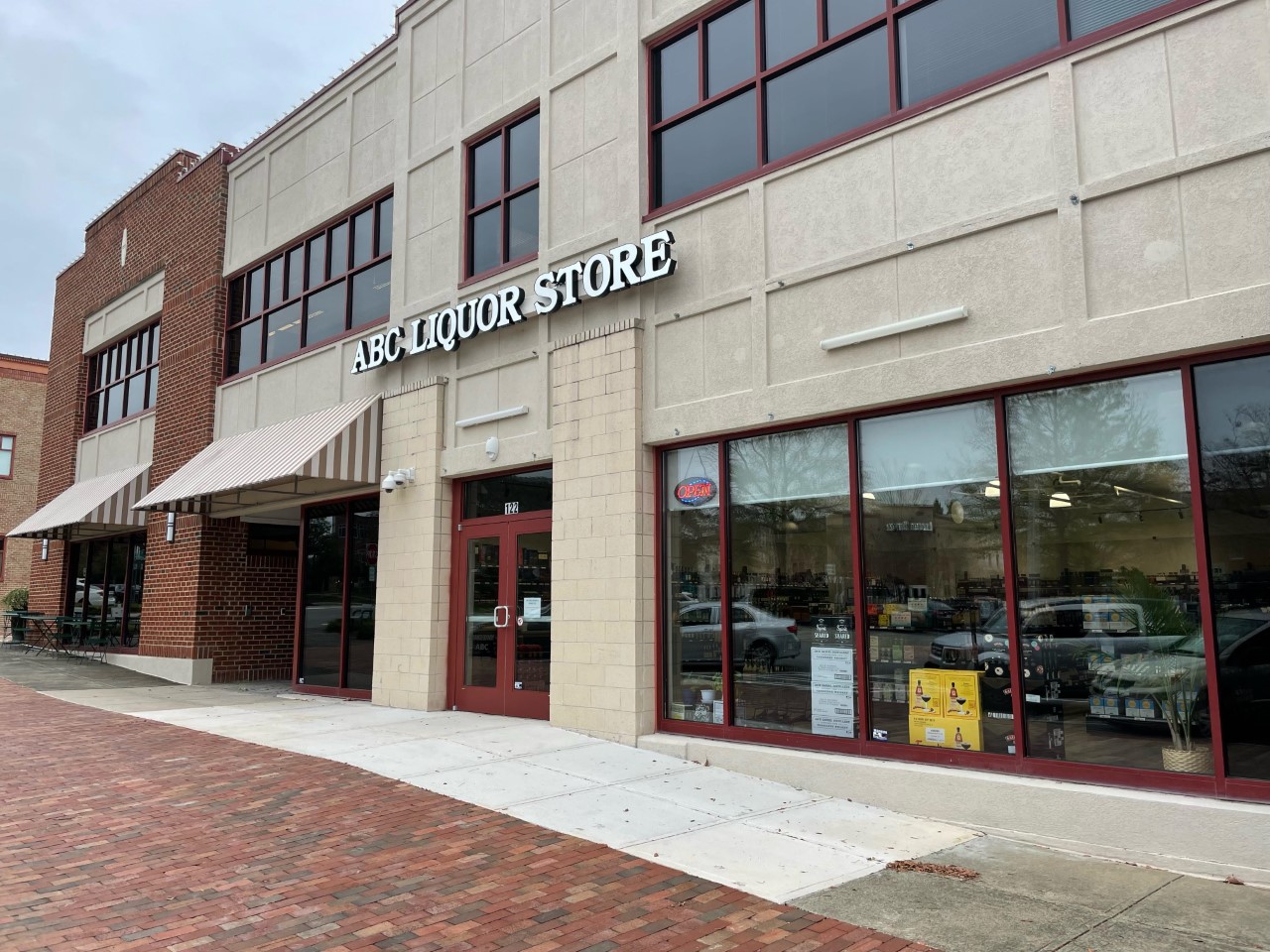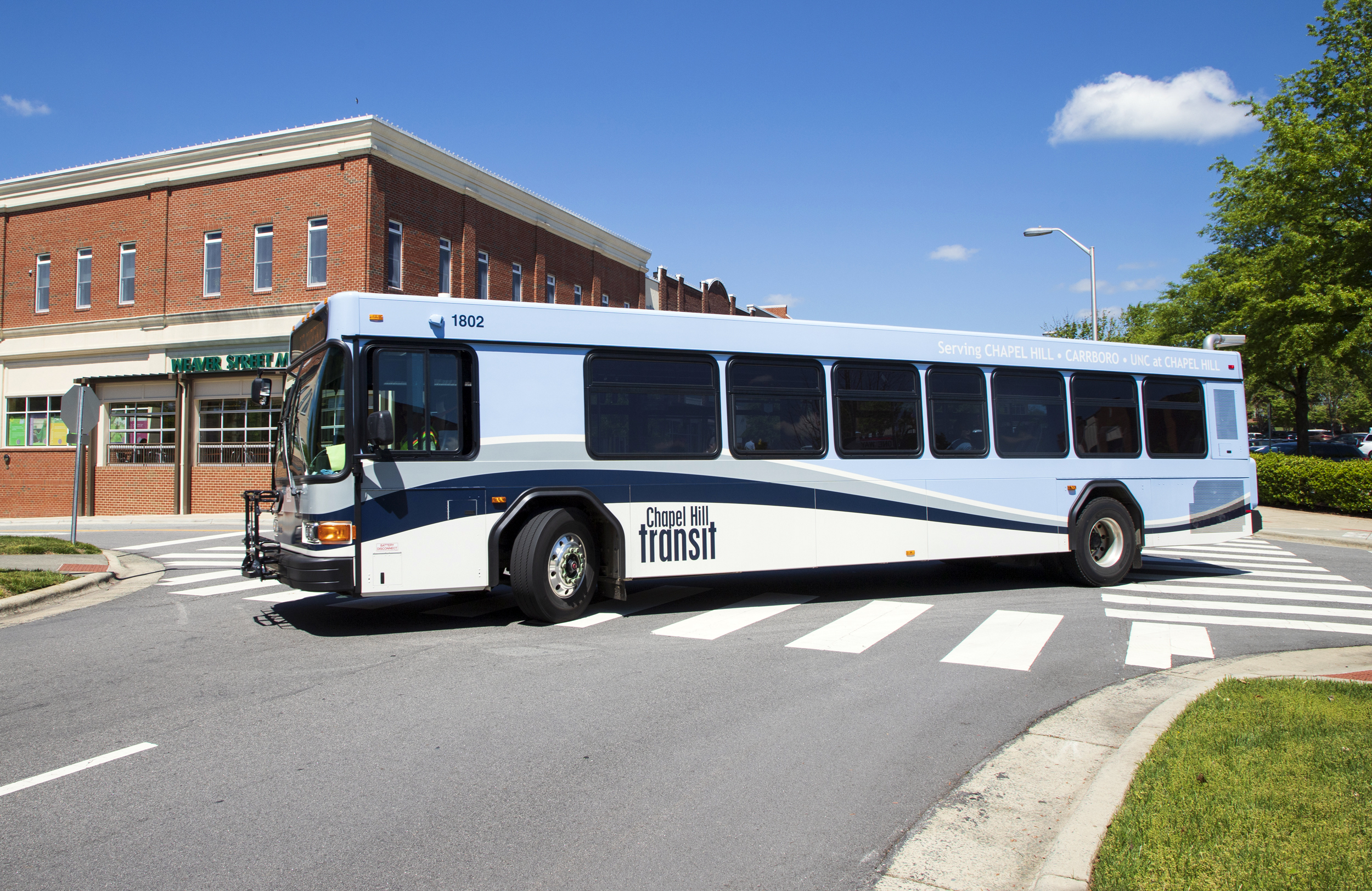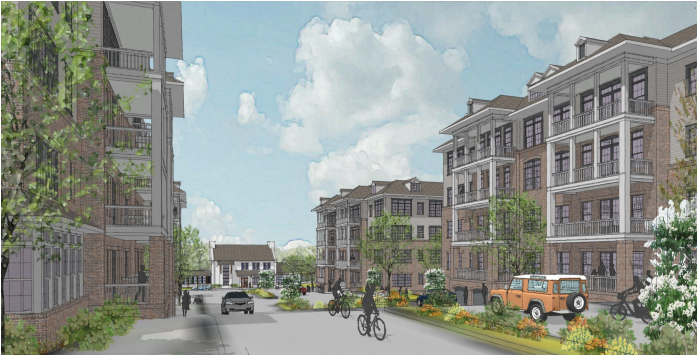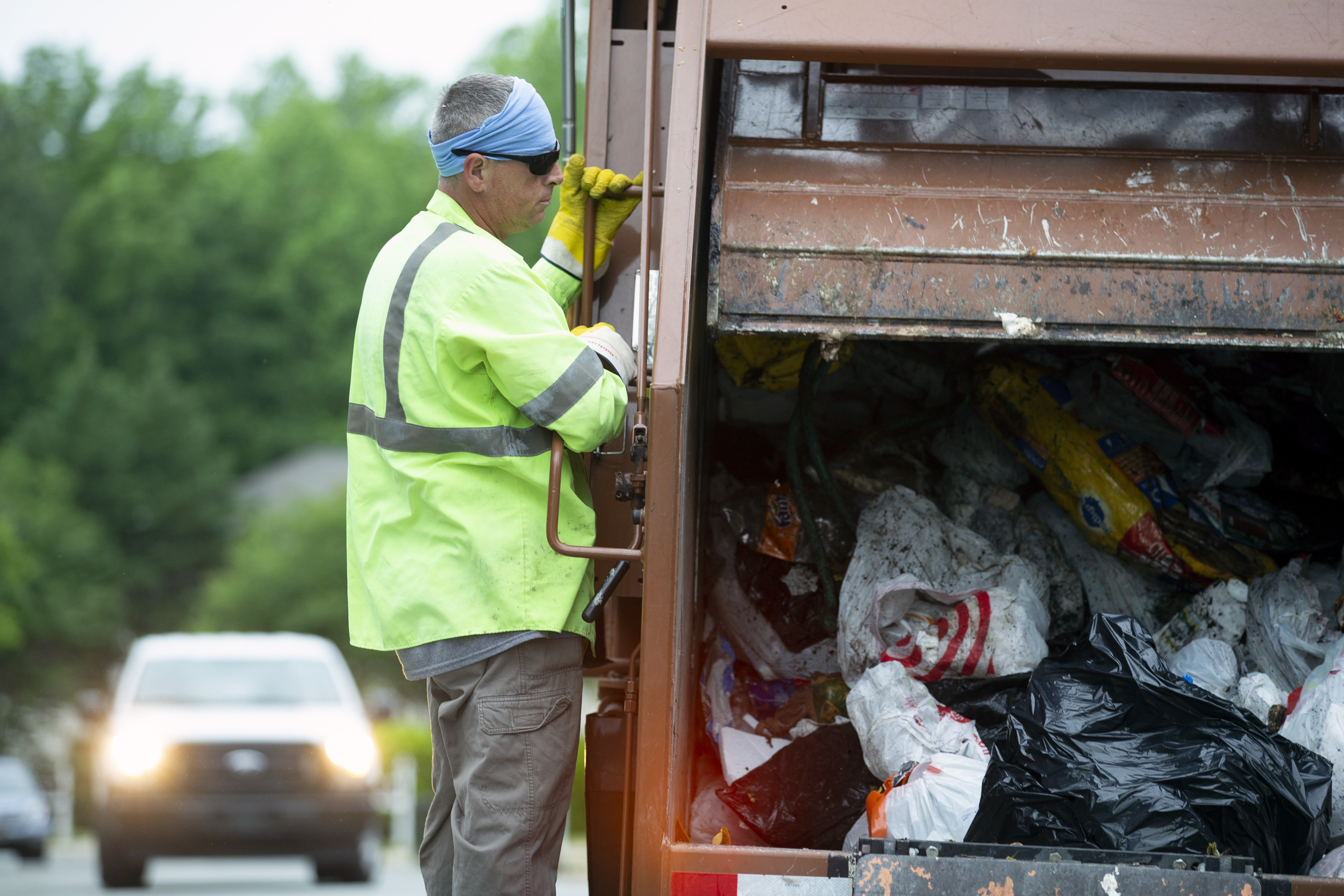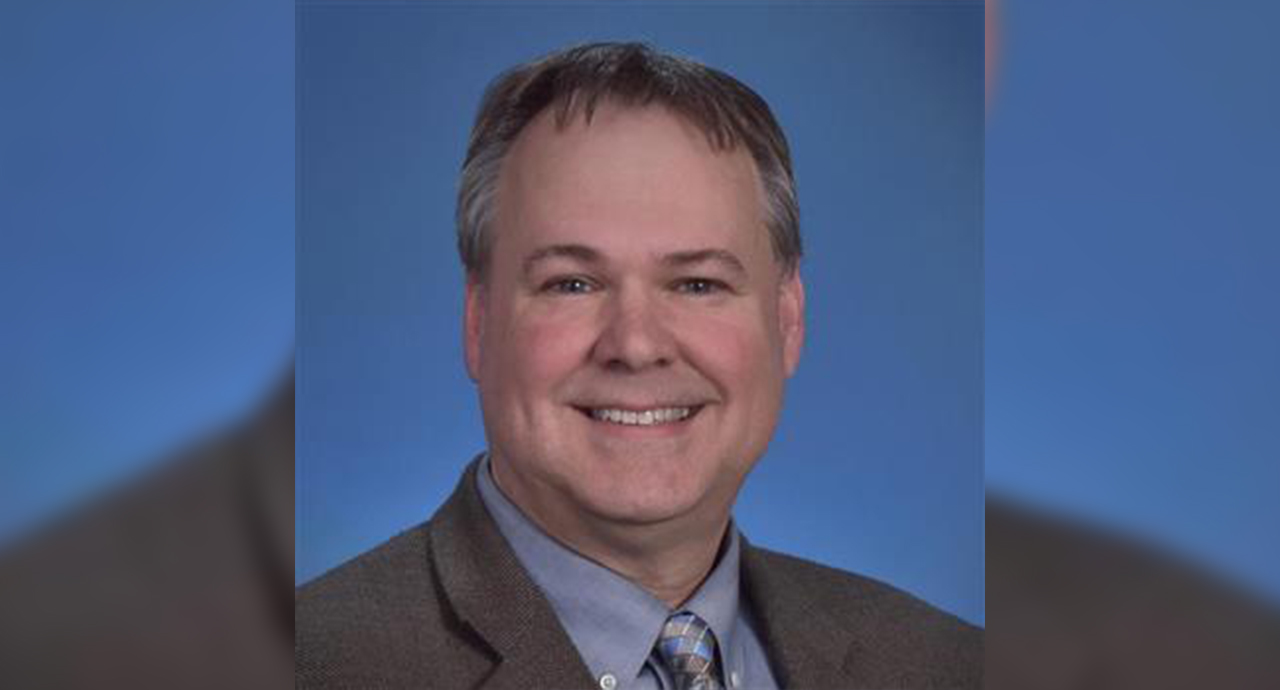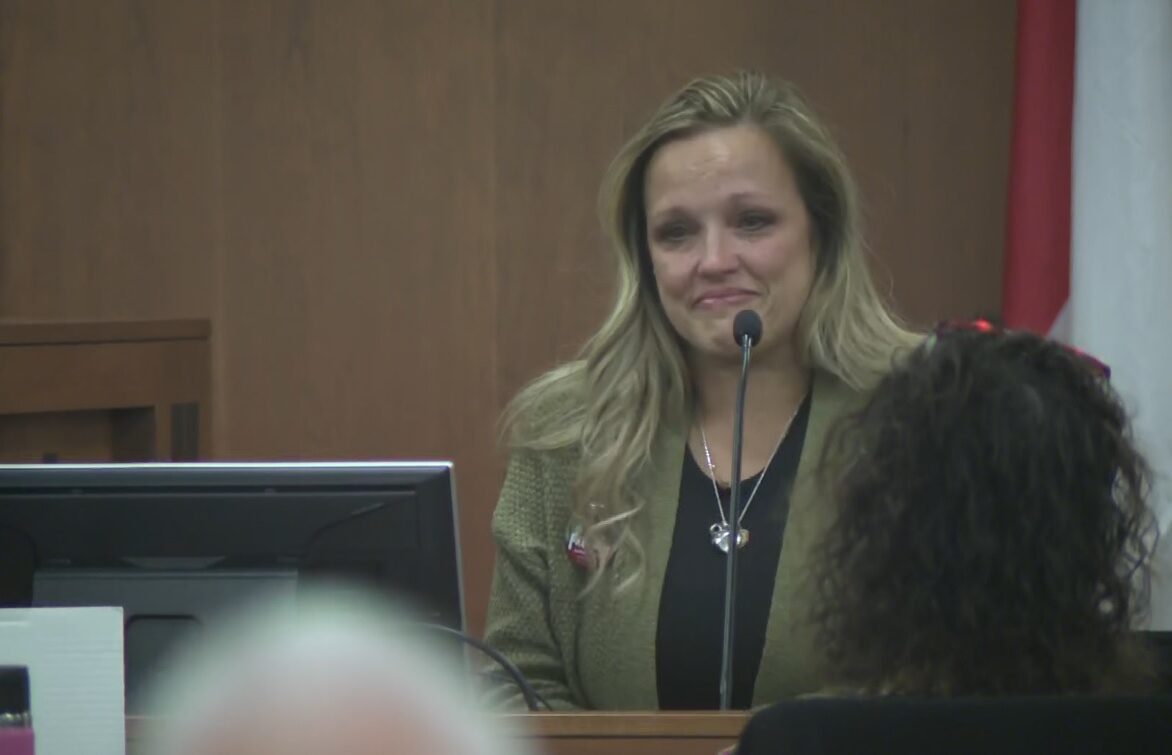The Town of Chapel Hill is embarking on a new project: the North-South Bus Rapid Transit. It’s an 8.2 mile stretch from Eubanks road to Southern Village that will help locals and visitors get to their destinations.
The project will help decrease travel time by providing more frequent buses and more efficient services. On June 14th, the Town Council discussed cost updates regarding the project.
Chapel Hill says the North-South Bus Rapid Transit project will create bus routes, sidewalks, and bike paths for safer and more efficient travel in the area. Beyond benefiting bus riders, the project will benefit pedestrians and cyclists by providing multi-use paths to allow different kinds of travel.
The project will include 14 high-capacity BRT buses which will arrive every seven minutes at each stop.
The project plans, however, will be more expensive than previous estimates according to town staff. The increase over two years is around $40 million. While the town has some federal funding to cover the increase, they’re still $16.6 million short.
Brian Litchfield is the director for Chapel Hill Transit and spoke to the council about the financial changes to the project.
“Over the last couple of years there have been quite a few changes that have impacted costing. Not only for construction and transit projects but things that we have experienced in our everyday lives,” said Litchfield.
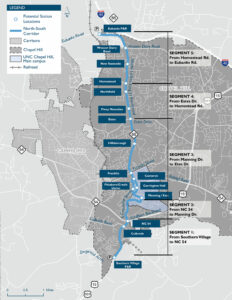
Current draft design of Bus Rapid Transit.
The last funding assumption was in 2021, since then unexpected cost increases and inflation have financially impacted the project. Litchfield says this doesn’t change the importance of the project or its necessity to the town.
“As we talk about the BRT project it’s important to remember that while this is a transit project with transit goals it’s much bigger than that,” said Litchfield.
“This is an investment in a priority project that has been a priority for well over a decade now for not only the town but for the transit funding partners and for our region.”
The Chapel Hill Transit manager, Caroline Dwyer, presented various options at the Council Meeting to maintain cost, efficiency, and the project’s timeline.
“There were four categories or components of the project that could reduce costs. So, there was an option to revisit the visit technology,” said Dwyer.
“A few years back the decision had been made to move to an all electric fleet. We could substitute that by launching with the diesel buses and then building those electric vehicles back.”
Another option staff have decided on is to adjust the scope of the multi use path in order to reduce funding. The path will now be planned for one side of MLK instead of both.
They will also be seeking additional non-federal funding as the project progresses. As additional funding is granted parts of the project will be restored.
“We have landed on some options that in our opinion will provide us with the cost savings needed to keep the project going forward and also are flexible enough to reintroduce if we are able to,” said Dwyer.
Staff will be kicking off a community engagement process that will be in three phases. In early August phase one will focus on getting preferences from the community about what people would like to see at the bus transit stops. Some ideas include bicycle storage or Wi-Fi access.
The second phase will bring more specific drafts into the community for feedback. And the third phase will include the final design concepts.
Right now construction is planned to start in 2026 and in 2029 the project is planned to be completed.
Photo via the Town of Chapel Hill.
Chapelboro.com does not charge subscription fees, and you can directly support our efforts in local journalism here. Want more of what you see on Chapelboro? Let us bring free local news and community information to you by signing up for our biweekly newsletter.

